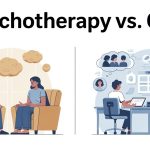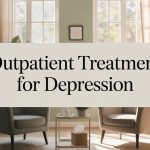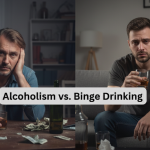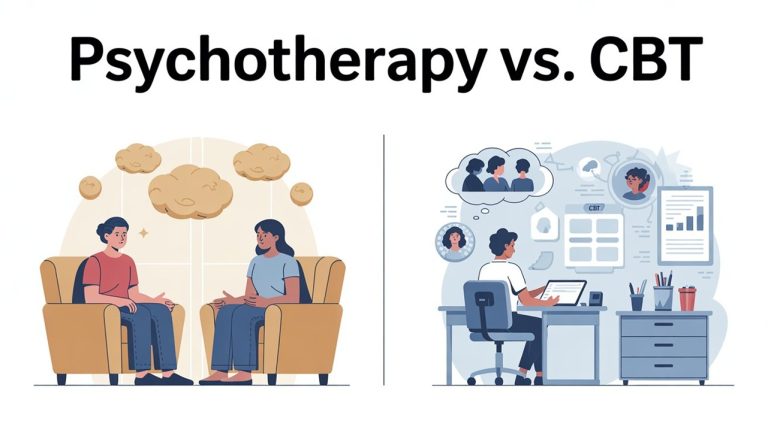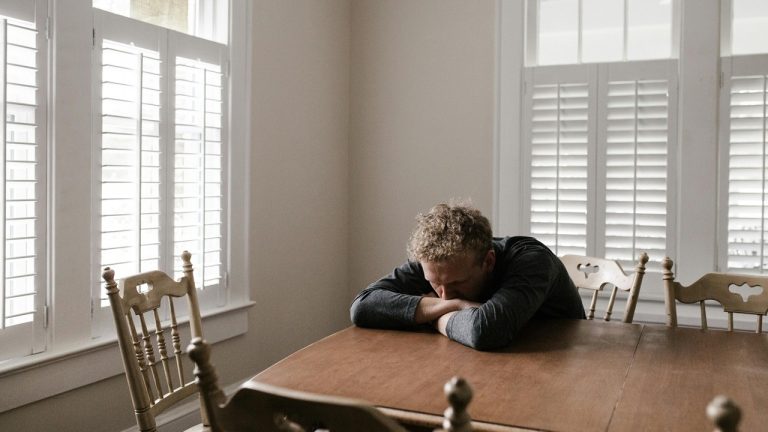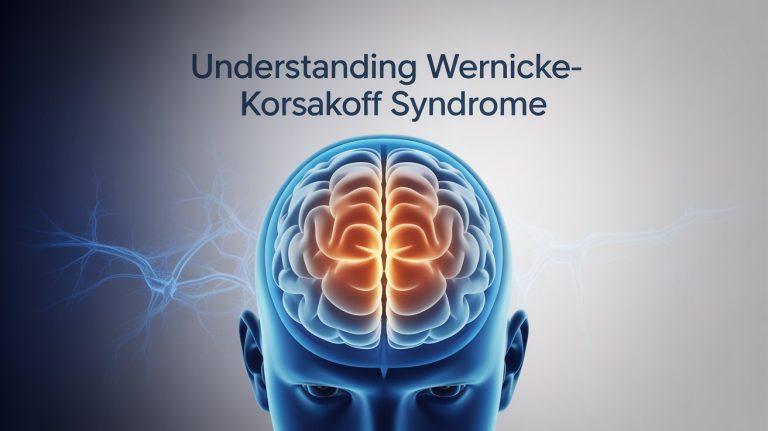If you have ever watched someone struggle with addiction, it’s likely at some point you have wanted them to seek help. Unfortunately, it is often up to the individual to find addiction services while loved ones look on helplessly. The Marchman Act was developed for this unique struggle.
This article will examine the rights provided under the Marchman Act, its history, the criteria for petitioning, and similar statutes found in other states.
The Marchman Act
The Marchman Act is a law passed in the state of Florida to aid in helping individuals struggling with substance abuse enter treatment when they are not of sound mind to do so themselves. It allows for family members, loved ones, or concerned citizens to file a petition requesting that the person of concern be brought in for addiction treatment involuntarily.
The court system strongly encourages individuals struggling with addiction to seek treatment voluntarily. The Marchman Act is a tool for loved ones to utilize when they cannot help a family member seek treatment voluntarily and are concerned for their safety.
History Behind the Marchman Act
The Marchman Act is named after Reverend Hal S. Marchman. Reverend Marchman himself struggled with addiction and was committed to bettering the lives of the disadvantaged. He worked hard to help others struggling with chemical dependencies find support and services to better their lives.
Reverend Marchman had a large hand in helping to design and pass the Marchman Act. It has undoubtedly saved many lives since it was put into law by supporting patients struggling with addiction to enter treatment and preventing others from being placed in harm’s way.
100% Confidential Support is Available 24/7
No matter what you’re going through, you’re not alone. Our dedicated team is here to provide a safe, judgment-free space where you can talk openly and honestly. Whether you need emotional support, resources, or just someone to listen.
We’re here for you—completely confidential and always respectful of your privacy. Call us today!
How Does the Marchman Act Work?
If you are unable to help your loved one enter treatment voluntarily and feel that they are putting themself or others in harm’s way, look over the criteria listed below to decide if a petition should be filed:
- The individual shows grave disability.
- The individual cannot make a rational decision regarding entering treatment for substance addiction.
- The individual is threatening to hurt themselves or is a threat to others.
- The individual can no longer care for their basic needs.
- The individual can no longer exert self-control over their substance use.
If you find this person fits the above criteria, you can begin preparing and filing a petition with the Florida court system.
Before you file, you must find and secure a bed at an inpatient treatment facility for your loved one. Once this is in place, contact the county clerk’s office to obtain the proper forms to file a petition.
Once this is filed, a judge will hold a hearing within ten days to fulfill or deny the petition. If the judge agrees with the petition, an order for law enforcement will be issued for your loved one to be taken into treatment of their will or involuntarily by force if necessary.
Who is Allowed to File a Petition?
Typically, a petition under the Marchman Act is filed by an individual’s guardian, blood relative, or spouse.
However, it is possible for three individuals not related to file a petition if they have experienced this person’s actions amid substance abuse that meet the required criteria.
Contact Solutions Healthcare
Battling with Drug and Alcohol Addition? Remember, you are not alone and we are here to help you!
Are There Similar Statutes Anywhere Else?
There are at least 37 other states as well as the District of Columbia that have laws with similar criteria allowing for the involuntary commitment of individuals with Substance Use Disorders. Most states have many similarities to the Marchman Act.
- Hawaii. An individual suffering from substance abuse that may be of harm to themselves or others can be petitioned by a variety of community members, including law enforcement, physicians, or even clergy members.
- Minnesota. A medical examiner or police officer has observed an individual for no more than fifteen days and has determined that they are chemically dependent and a risk to themselves and others. In this case, they can write a detention letter for 72 hours unless a commitment petition is filed.
- Rhode Island. A person can be put in detention for up to 10 days for alcohol intoxication if they have threatened, attempted, or inflicted physical harm on themself or others or if they are incapacitated by alcohol. A physician, spouse, guardian, or relative can do this.
- California. Any person can make a court-ordered evaluation for any individual under controlled substance or alcohol abuse who is a danger to themself or others for either a 72-hour detention or court-ordered treatment.
To learn more about the criteria for petitions to commit individuals struggling with chemical addiction in different states, visit The National Alliance for Model State Drug Laws.
Substance addiction is a disorder that affects the entire family. Helping a friend or family member find treatment and recovery will help their entire network heal. Understanding laws such as the Marchman Act can be a great resource when other options have not been successful.
Find Help for Yourself or a Loved One
Sometimes, all it takes to get a loved one to go to treatment is to get them on the phone with an addictions specialist. At Solutions Healthcare, our team is compassionate, experienced, and dedicated to helping individuals navigate the path to recovery.
We offer personalized care, answering any questions or concerns, and guiding you through the process of finding the right treatment plan. Whether it’s inpatient detox, outpatient therapy, or ongoing support, we’re here to provide the resources and encouragement needed to take that first step toward a healthier, substance-free life.
Reach out today and let us help you or your loved one begin the journey to recovery.
References
- Pasco County Clerk’s Office: A Petitioner’s Responsibilities Under the Hal Marchman Act
- Eleventh Judicial Circuit of Florida: Marchman Act
- Florida Office of the State Courts Administrator: FLORIDA’S DEPENDENCY BENCHBOOK BENCHCARD: MARCHMAN ACT
- National Alliance for Model State Drug Laws: INVOLUNTARY COMMITMENT FOR INDIVIDUALS WITH A SUBSTANCE USE DISORDER OR ALCOHOLISM







